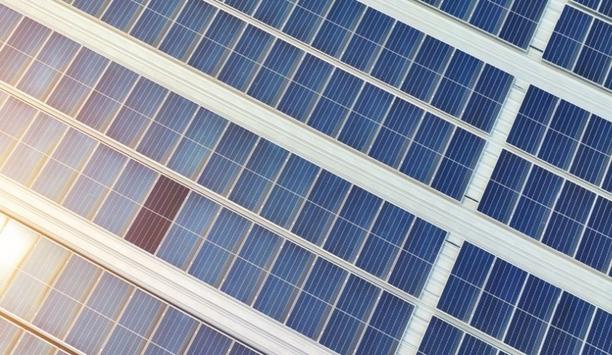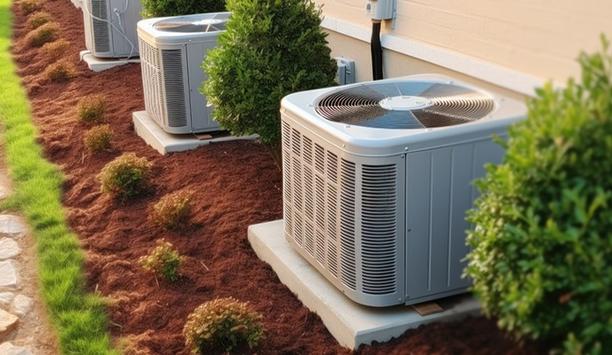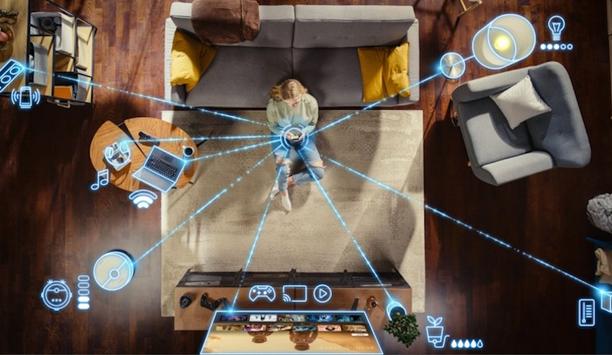Record hot temperatures in Europe last summer contrasted sharply with the region’s traditional aversion to air conditioning. Unlike the United States, where some 90% of homes are air conditioned, only around 5% of European buildings are equipped for the hottest temperatures.
I can’t help but think that days and days of summer temperatures above 100 degrees Fahrenheit (38 degrees Celsius) must have motivated some building owners to reconsider the issue.
Increasing Opportunity For The HVAC Market
The blistering temperatures are likely to become more common. Climate change suggests a likelihood of an increase in average temperatures, which translates into longer and hotter summers to come. In the face of greater demand for climate control, clearly, there is an increasing opportunity for the HVAC market to thrive on the continent.
Sales of fans and air conditioners surged during the worst of the summer heat
A growing demand for air conditioning in Europe must be preceded by a change in attitude toward the technology. Europeans have traditionally opposed air conditioning, or at least shrugged it off as unnecessary or even potentially harmful to health. Nothing like a long, hot summer to change the paradigm. The signs are already there: Sales of fans and air conditioners surged during the worst of the summer heat, and one installer in Berlin reportedly suspended their phone service because of the flood of calls.
Global Electricity Demand
The International Energy Agency (IEA) predicts that Europe’s air-conditioner stock will double in the next two decades as record heat becomes more prevalent. The increase will be a major driver of global electricity demand. The future demand for air conditioning in Europe is dwarfed by higher demand throughout other parts of the world, especially India, Indonesia and China, according to the IEA. As incomes and living standards improve in developing countries, the growth in AC demand in hotter regions is likely to soar.
Globally, fans and air conditioners already account for 10 percent of electricity consumption, and the demand could triple over the next three decades. The increased demand will require new electricity capacity equivalent to the current capacity of the United States, the European Union, and Japan combined.
Becoming More Energy Efficient
Units need to become more energy efficient to minimize the impact on electricity consumption
IEA predicts global stock of air conditioners in buildings will grow to 5.6 billion by 2050 up from 1.6 billion today. Units need to become more energy efficient to minimize the impact on electricity consumption.
The IEA emphasizes the need for stringent minimum energy performance standards and other measures such as labeling. Doubling the energy efficiency of the world’s stock of air conditioners between now and 2050 would help to reduce the need for new electricity infrastructure. From an efficiency perspective, European air conditioners are currently the most efficient in the world; even so, more demand will increase energy usage (which, ironically, could make global warming worse).
Ambitious Performance Standards
Designing buildings with an eye toward passive cooling and with better insulation can help lower the impact. Hotter weather trends in Europe and the rest of the world suggest monumental business opportunities for the HVAC industry. Capitalizing on those opportunities in a responsible way is an enormous challenge for the industry.
We must provide comfort and coolness to a globally warming world while minimizing our impact on the environment in the process. Technology and innovation, driven by ambitious performance standards, can enable us to achieve both.





































